Fish Kills: Causes, Disposal, and Prevention for Kansas and the Wichita area
Causes of Dead Fish, Removal from Pond and Prevention of die-off.
Major fish losses are not uncommon in Wichita and Kansas ponds and lakes as KWCH reports. The die-off creates an increasingly foul odor for several weeks. When the mess is moved by the changing winds, the odor moves too. Moreover, sunny weather will increase the intensity of the decay. Remove affected fish quickly to reduce health hazards, fly infestations, algae blooms, and cleanup costs. Living Waters provides fast and free estimates for dead fish removal from pond & lakes. We also provide quick, low-cost packages for healthy self-cleaning ponds and fish loss prevention.
Why do we have Dead Fish in Ponds and Lakes?
Please note that in very rare cases, pollution, runoff, or toxic algae may cause a fish kill. Die-off in your detention or retention pond is likely caused by natural forces including hot weather, long freezes, or heavy rains.
Your pond constantly absorbs and releases air. Your pond best exchanges air when gentle breezes create ripples on the water. Oxygen absorbs into the water from the air. Decomposing muck and debris create gasses that drift to the surface and blow away. Light also penetrates the upper layer of water, allowing plants and algaes to create oxygen in every season.
Winterkill
In winterkill events, a layer of ice forms over the pond in your property or homeowners association, creating a barrier between the air and the water. The floating layer of ice does not harm fish because they stay near the pond bottom, warmed by the earth. Ice still allows the sun to pass light to the aquatic plants and algaes. However, gasses from decomposition can build-up to toxic levels for the dormant fish. Sometimes a combination of ice and snow blocks all light that plants use, causing oxygen levels to fall. If one or both circumstances cause winterkill, the fish may not float to the top until the ice thaws. Remove the affected fish before further decay or freezing gives you double trouble.
Summerkill
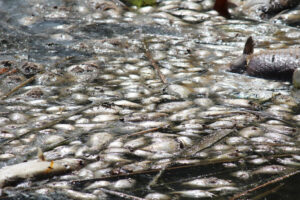
In Wichita HOA ponds, typical fish kills heavily affect your shad fish populations. They happen as a result of drastic water turnovers. Non-mixing layers, also known as strata- separate the water in your pond – the top layer is warm, well-oxygenated, algae-filled and stable. The bottom strata is cool, heavy, stagnant, and receives no oxygen or light. A thin layer(thermocline) separates the healthy upper water from the pond bottom. Wind and weather are known to break the thermocline or turn the layers of water upside down. This turnover is lethal because the low-oxygen lower layer is so large that it absorbs the top layer. oxygenating algaes are instantly consumed. As a result, the fish cannot find healthy, oxygen-rich water to swim in.
Do you recall recent weather changes that could cause turnover, such as a heat wave, cold front, or big rainstorm?
Dead Fish Removal from Pond & Lakes
Turnover occurrences happen in minutes and nothing can be done to save the affected fish. In a majority of Wichita community ponds, the only disrupted population will be the American Shad (Alosa sapidissima). You need to consider cleanup.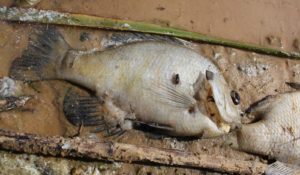
If you neglect the affected dead fish, their bodies will decay within two to four weeks, depending on the temperature. Turtles will consume a small portion of the floating fish. Snails, birds, wildlife and other fish may also graze on the carrion for three or four days. Most noteworthy, carcasses will draw swarms of flies and create maggots in as little as 24 hours. Fly larvae will consume a majority of the putrifying flesh. This continues for 5 to 7 days until the carcasses emulsify, and the fly maggots then crawl onto dry land to pupate into adults, or drown.
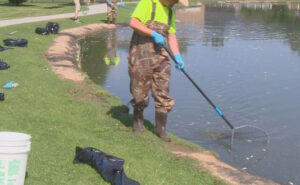 Fish decomposition creates high amounts of nutrients, and the fertile waters will gradually restore natural balance. But since the pond cannot immediately re-balance, there is an increased chance that it will suffer green algae blooms. In worst-case-scenarios, the nutrients from decay will trigger the highly toxic blue-green algae bloom. If your pond has no aquatic vegetation nor trees along the shoreline, you greatly increase risk for an algae bloom.
Fish decomposition creates high amounts of nutrients, and the fertile waters will gradually restore natural balance. But since the pond cannot immediately re-balance, there is an increased chance that it will suffer green algae blooms. In worst-case-scenarios, the nutrients from decay will trigger the highly toxic blue-green algae bloom. If your pond has no aquatic vegetation nor trees along the shoreline, you greatly increase risk for an algae bloom.
Ideally you should complete dead fish removal from pond before the flies cover the fish, because flies are unsanitary. To prevent disease, you must bury, incinerate, or compost the fish in a manner that will not invite pests or contaminate the environment. Call Living Waters Aquariums & Ponds and we will quickly finish these tasks to completion for you.
Preventing Fish Kills with Proper Aeration
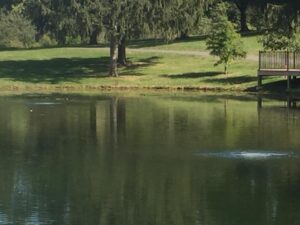 Waterfalls and fountains are helpful. They add some oxygen to the pond, but they are inefficient at turning the water. They do not mix the cold water in the deep-end of your pond. You will need a simple but strong aerator to activate your pond’s self-cleaning biodiversity. The top layer has good bacteria, algae and sunlight, and the cold bottom layer contains nutrients, decay and bad bacteria. Properly aerated ponds slowly make the two layers- the algae and the bad bacteria loads- gobble up each other. The subsequent bloom of plants and microorganisms feeds minnows, attracts birds, and creates clearer water. Your pond will have a major improvement in water clarity. You will have a self-cleaning pond.
Waterfalls and fountains are helpful. They add some oxygen to the pond, but they are inefficient at turning the water. They do not mix the cold water in the deep-end of your pond. You will need a simple but strong aerator to activate your pond’s self-cleaning biodiversity. The top layer has good bacteria, algae and sunlight, and the cold bottom layer contains nutrients, decay and bad bacteria. Properly aerated ponds slowly make the two layers- the algae and the bad bacteria loads- gobble up each other. The subsequent bloom of plants and microorganisms feeds minnows, attracts birds, and creates clearer water. Your pond will have a major improvement in water clarity. You will have a self-cleaning pond.
Aerators also create a small hole from which all toxic gasses can escape the in frozen pond. No more dead fish removal from pond: properly aerated water eliminates thermoclines and toxic gasses from decay. Therefore the pond does not experience fish die-off. If the shores of your pond have no trees, cattails, or beneficial wildflowers, it is critical that you add aeration because doing so will help natural aquatic plants to grow (and less algae) thereby you will increase the health of both the pond and the fishes. When your pond uses an aerator from Living Waters Aquariums & Ponds, we guarantee these results. If you don’t see for yourself, we will test and seed your pond with native oxygenator plants like Ludwigia palustris. We guarantee that use of our aerator package will make your pond will make your pond noticeably more healthy than ever.

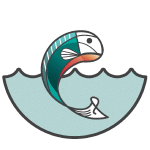
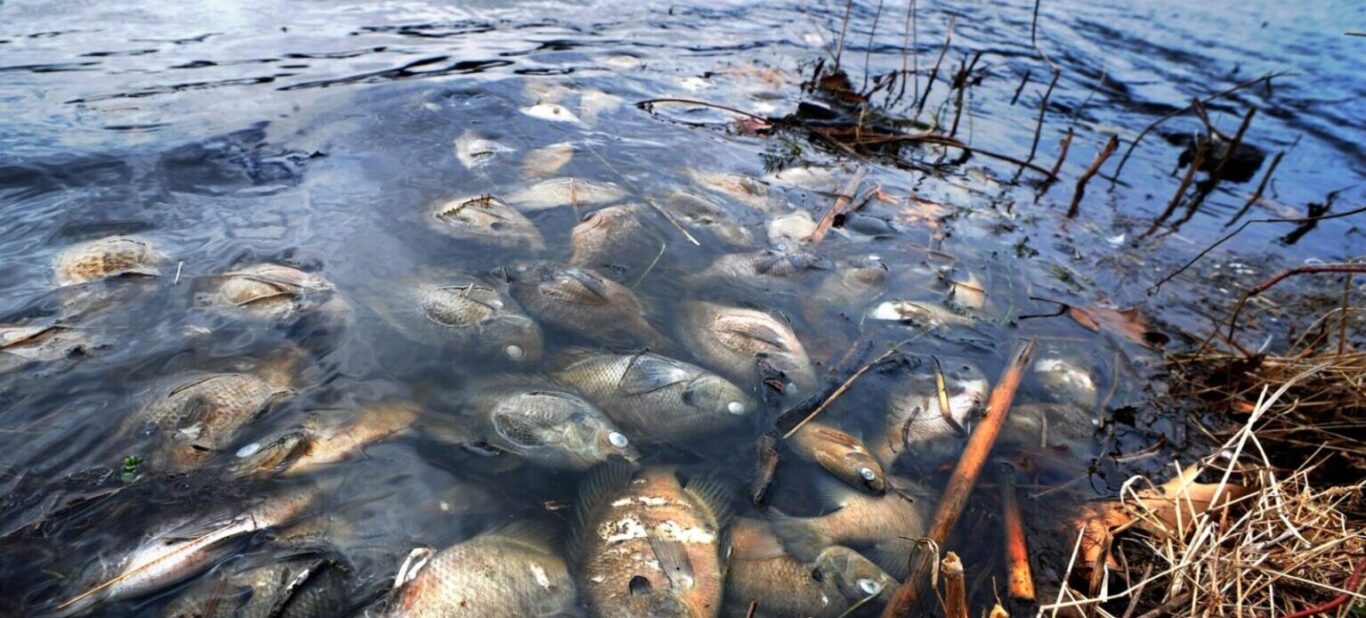
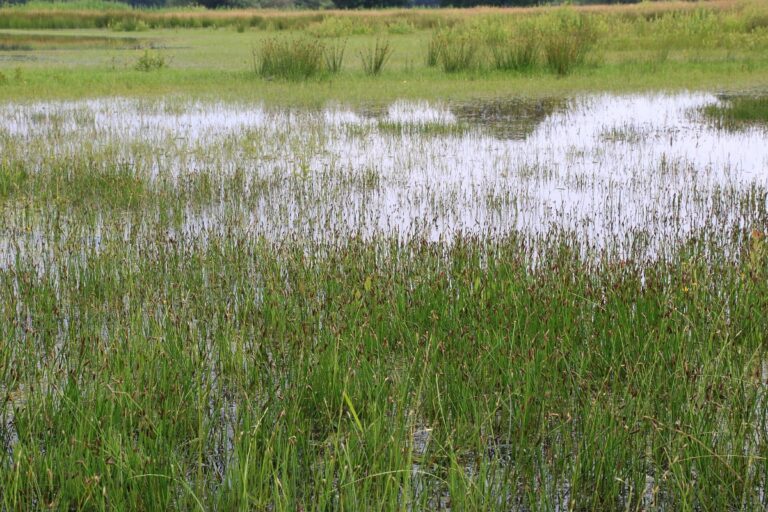
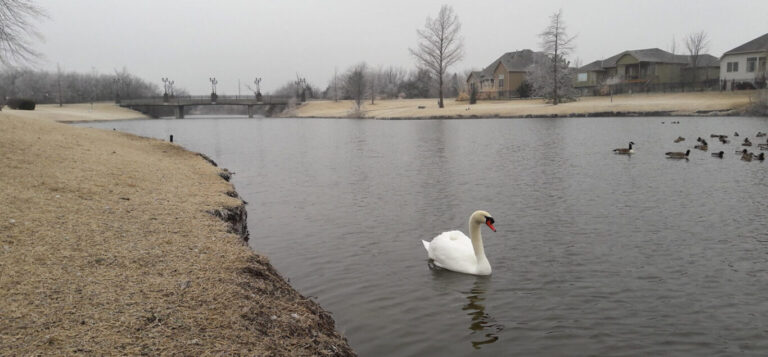
3 Comments
Comments are closed.